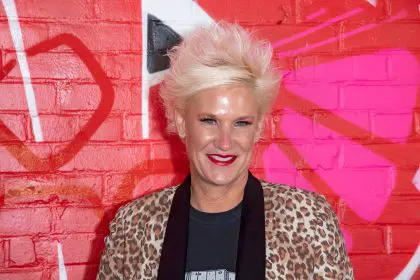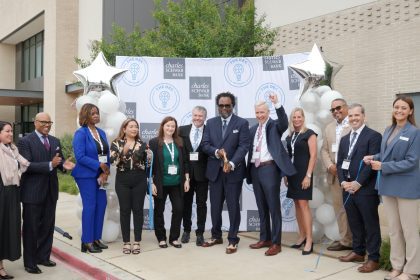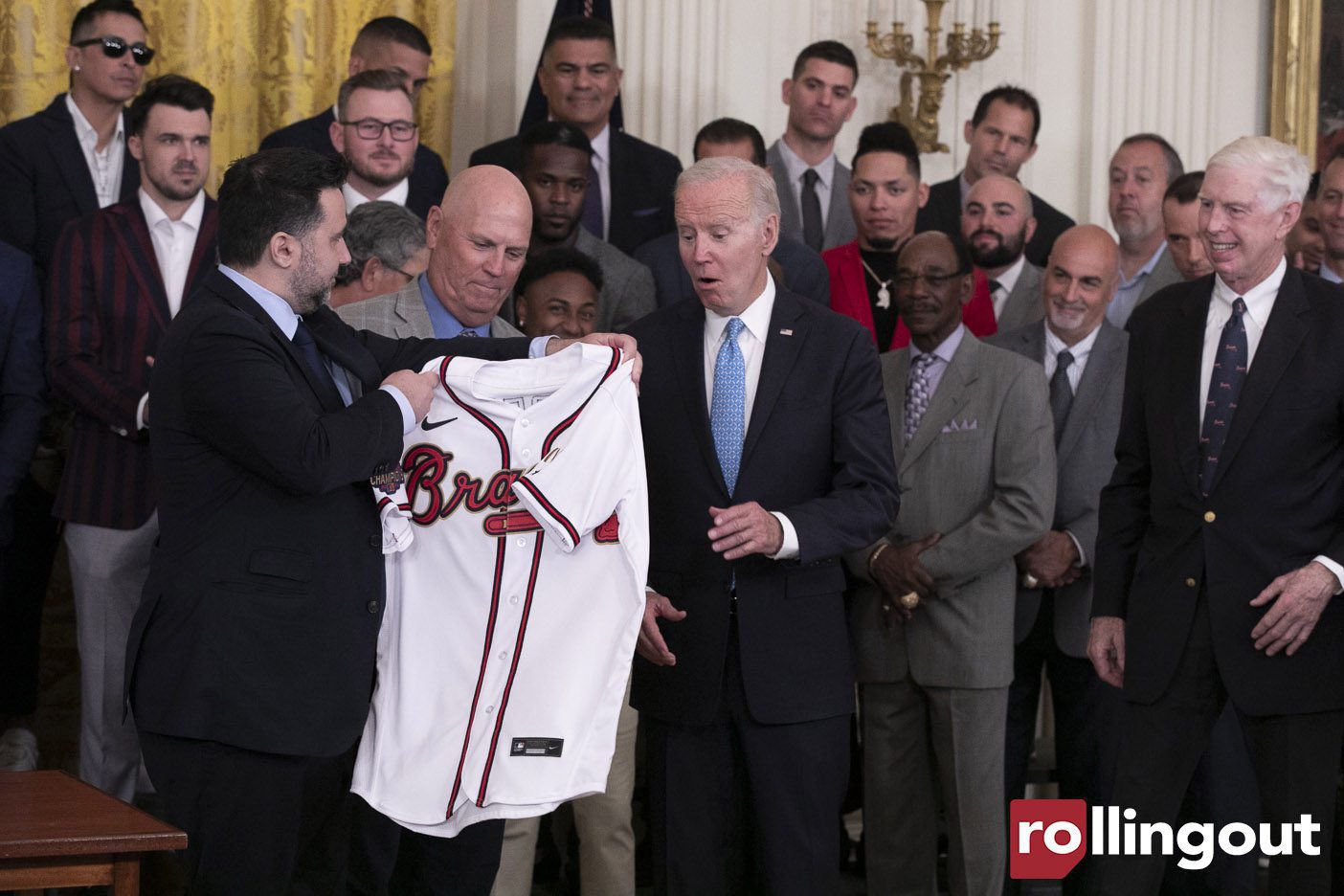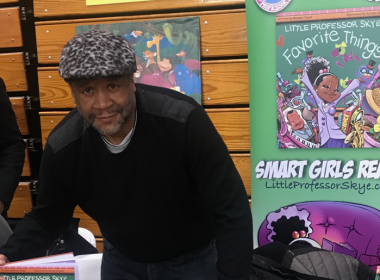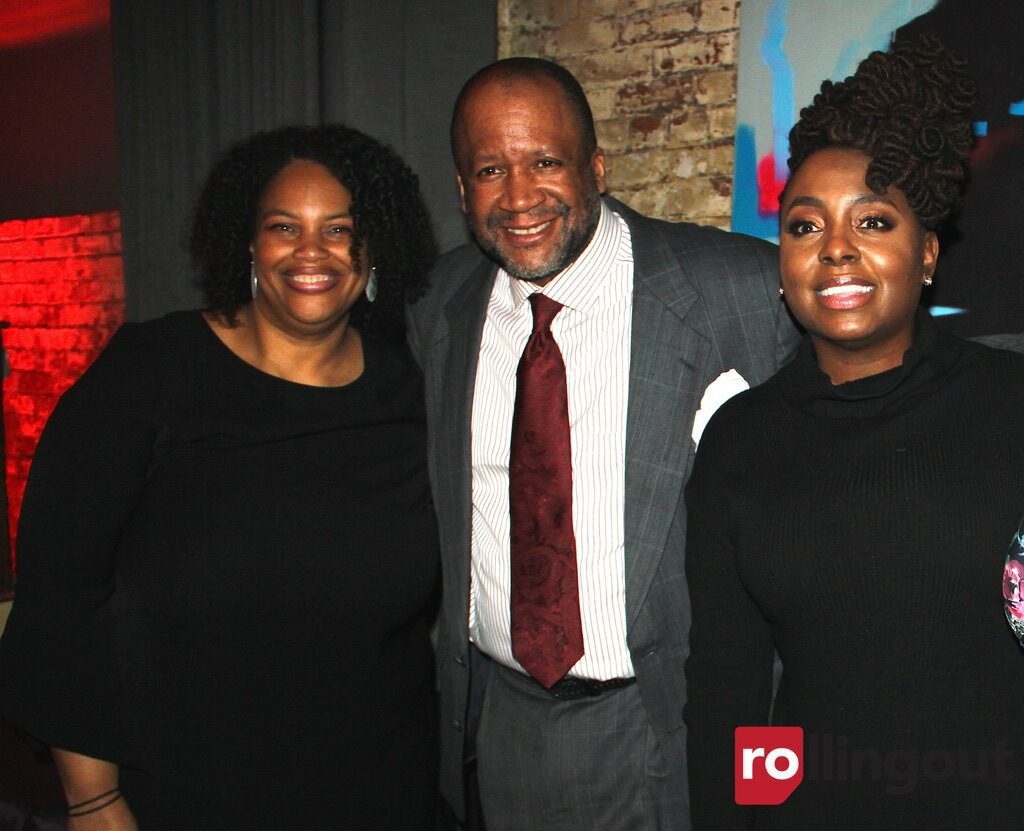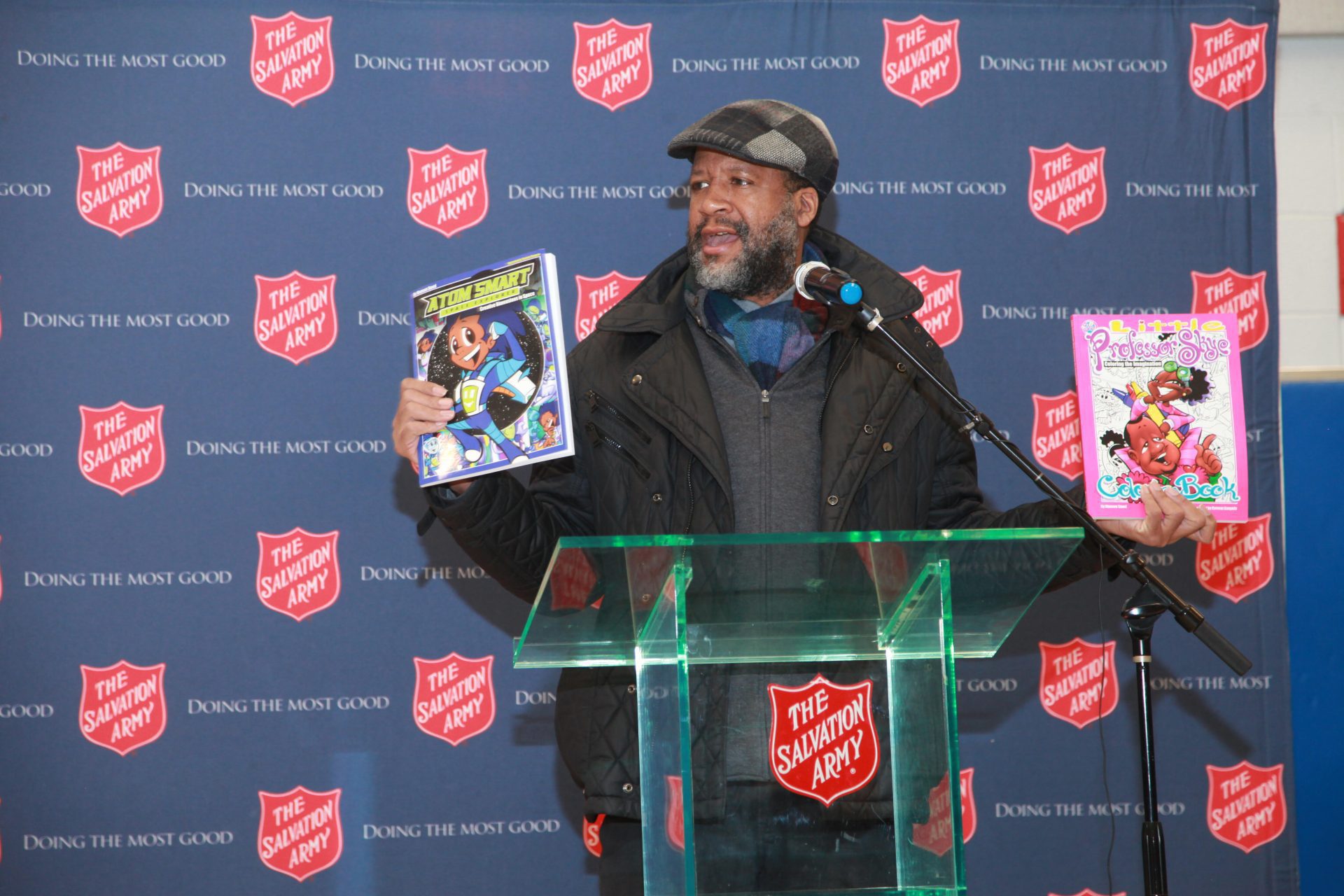
Young Black professionals early on should consider the career journey to undertake, what industry they’d like to be a part of, and how to develop their professional network. Whether you’re Black or not, political party affiliation is another important factor.
The overcriminalization of the Black population leads to sparse employment opportunities. Young Black men especially are unable to find a path that leads to a college degree, and that severely limits their income-producing potential. Employment opportunities are limited, particularly if he sells cocaine, crack or another illicit drug. The drug charge is prohibitive for his professional career — to this day it remains a question on most job applications. Additionally, with the three strikes law, the young person descends into a downward spiral that ends up in him losing his voting privilege, even after time is served, and a career that is likely to be menial or a criminal pursuit.
Party affiliation is critical because even our chosen party votes for bad programs and creates laws like “three strikes” for habitual offenders. This federal crime bill was passed during President Bill Clinton’s administration. The law mandates life sentences without parole for anyone convicted of a serious violent felony after two previous convictions on similar state or federal charges. It was a move aimed at bipartisanship and a hopeful solution to reduce crime.
Historically, we not only know that it didn’t reduce crime, but it actually costs the country and our cities its future leaders, future fathers, future economists, and future young professionals and funds the incarceration of our men and women.
It is here that the young professional needs companies to understand mistakes can be made early in life and redemption is possible. Redemption and maturity to understand that the opportunities of life can be given to you again but you must rise to the occasion. Overcriminalization punishes time and time again the miseducated, and the poor who can’t afford an attorney.
Having met President Clinton several times and knowing and listening to the new direction that Hillary Clinton is pursuing, three strikes will probably be eliminated.
Three strikes has not been better for this country or the Black community. The cost of warehousing inmates is huge. Once nonviolent drug offenders have completed their sentence, their crime should not continue to shadow them and bar them from having jobs that will allow them to be self-supporting and productive.
Offenders need services to transition back into society. They need more than probation and the halfway house. They need job training and counseling. They need role models. They need for the community to have a stake in their success.
Finding new solutions to this problem is what we hope the new presidential administration will give its attention to, with the understanding that the Black community needs special attention because our people have been the segment of the population most affected by the three strikes law.
The Black community is in a situation and set of circumstances where overcriminalization has led to a large number of individuals who are not marrying, not building families, not building wealth — and that cheats not just them, it cheats the entire country, and it bankrupts our future.
We must have the courage as a community to speak out and to participate in the process and not assume that any particular political party will solve our problems. We must understand not only that Black lives matter, but that justice matters, that economic parity matters, and we must support policies that are predicated on the idea that all of humanity matters.
We have to start treating each other in a more humane and just way. Peace.


